By Laurine Pierre, contributor, EgyptianStreets.com
Scattered with farms and crop fields, Dahab Island (Gezirat Dahab) is one of two islands situated the south of Cairo, and the only one that is inhabited. Contrary to the rest of Cairo and other islands like Zamalek or Manial, Dahab Island has never experienced urban development as the local communities continue to firmly defend their rural way of life against developers who have been trying to purchase lands on the island for many years.
Dahab Island also continues to be forgotten by the state, with the local population lacking basic public services. Spending a few hours on the island amongst the locals, you get to listen to their stories of neglect and the troubles they face on a day-to-day basis. Nevertheless, if you can close your eyes on the surrounding poverty and insalubrity, Dahab Island is a hidden paradise amidst a heavily urbanized and polluted Cairo.
Because of its location many investors have tried to buy the lands for underrated price and expropriate its occupants, who refuse to leave their island, since their only resources are their crops field or their fishing boat.
The only way to access the island is by boat. During the day, a felouka cross the Nile from Dar El Salam side for only 50 Egyptian cents. People bring drinkable water and consumption goods from the land to provide for their family, since there are no supermarkets on the island.
Children living on the island are helping their parents in the field or fishing. They take the ferry boat every day to go to school, since there is no school in the island.
In the night they play in the car-free streets with their bicycles, help their mother to go clean the dishes in the Nile, or take a ride on the donkeys in the field with the elders.
Most of the men are working in the city during the day or working in the fields. Some women take care of the little « kiosk – (or koshk in Arabic) » shop where they sell candy bars and sodas.
Ahmed, 6 years-old, came with his father to visit their land in Dahab island and feed their cows. His family lives in Dar El Salam but they are building a small house on their land and wish to come and live there in few years.
A large community of Coptic Christians are living peacefully beside the Muslim community on the island. They invite each other for major life events such as marriage, birthday or Eid El Fitr (end of ramadan celebration).
One of the women I met, Christine, lives with her husband and her three children between the age of 1 and 8 years old.
Christine’s husband is a farmer and is deaf and dumb. His family invented a sign language to communicate with him.
The island appears to be cut off from the city and most of the houses have no tap water or access to landlines and internet or even sometimes electricity.
This is bath-time for the children. Christine is 28 years old and illiterate. She sends her children to school and she wants them to study and succeed outside of the island.
One of the children on the island smiles for the camera.
Many of the island’s inhabitants are poor and work all day to ensure they can feed their families. Dinnertime looks quite different from what many are used to.
About the Author and Photographer: Laurine Pierre is a 25-year-old French amateur photographer based in Cairo who has been working for a human rights organization in Egypt. Laurine is currently also studying for a Masters of Human Rights in the London School of Economics. For more photos by Laurine, visit her Flickr Account: http://www.flickr.com/photos/wezabeda
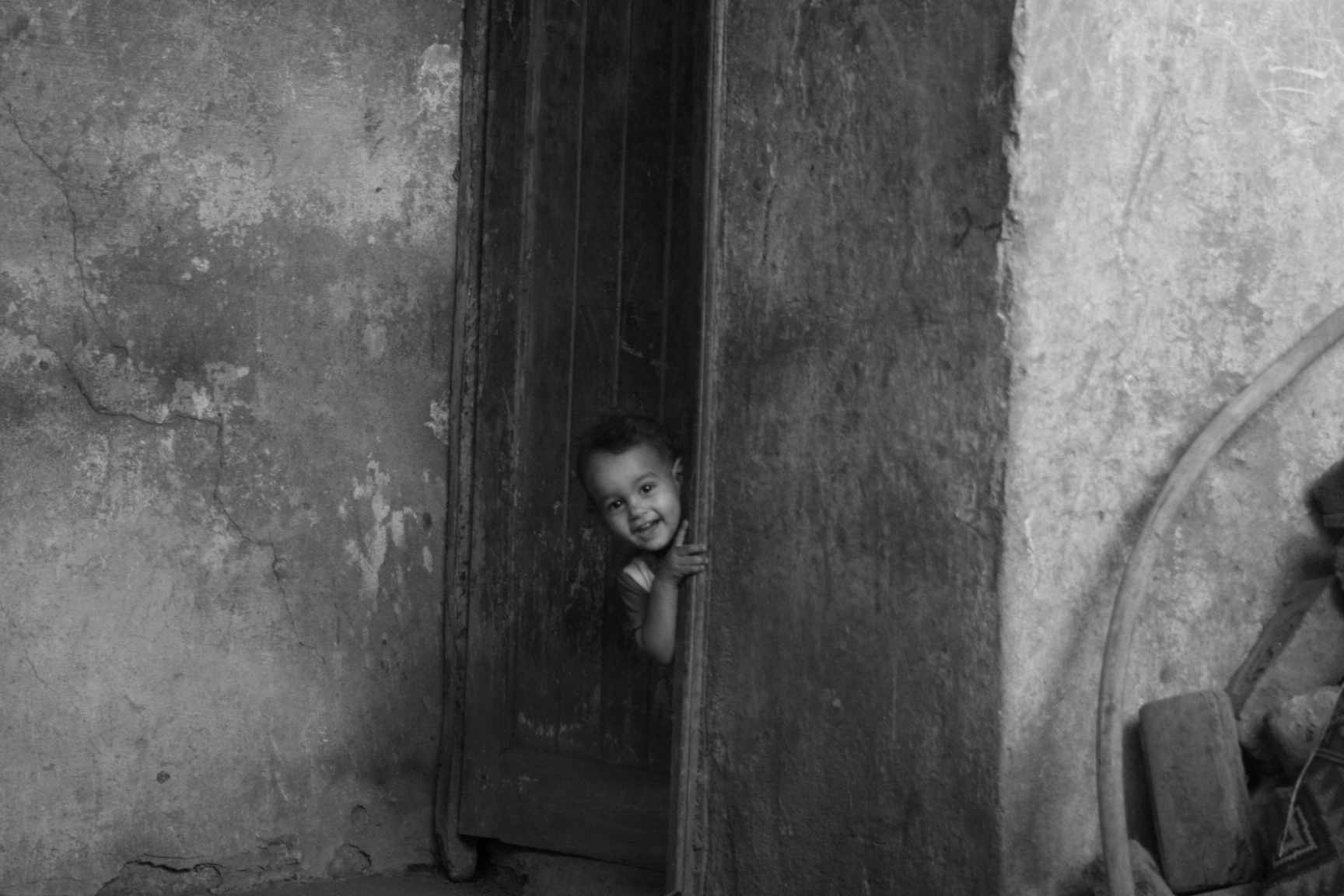
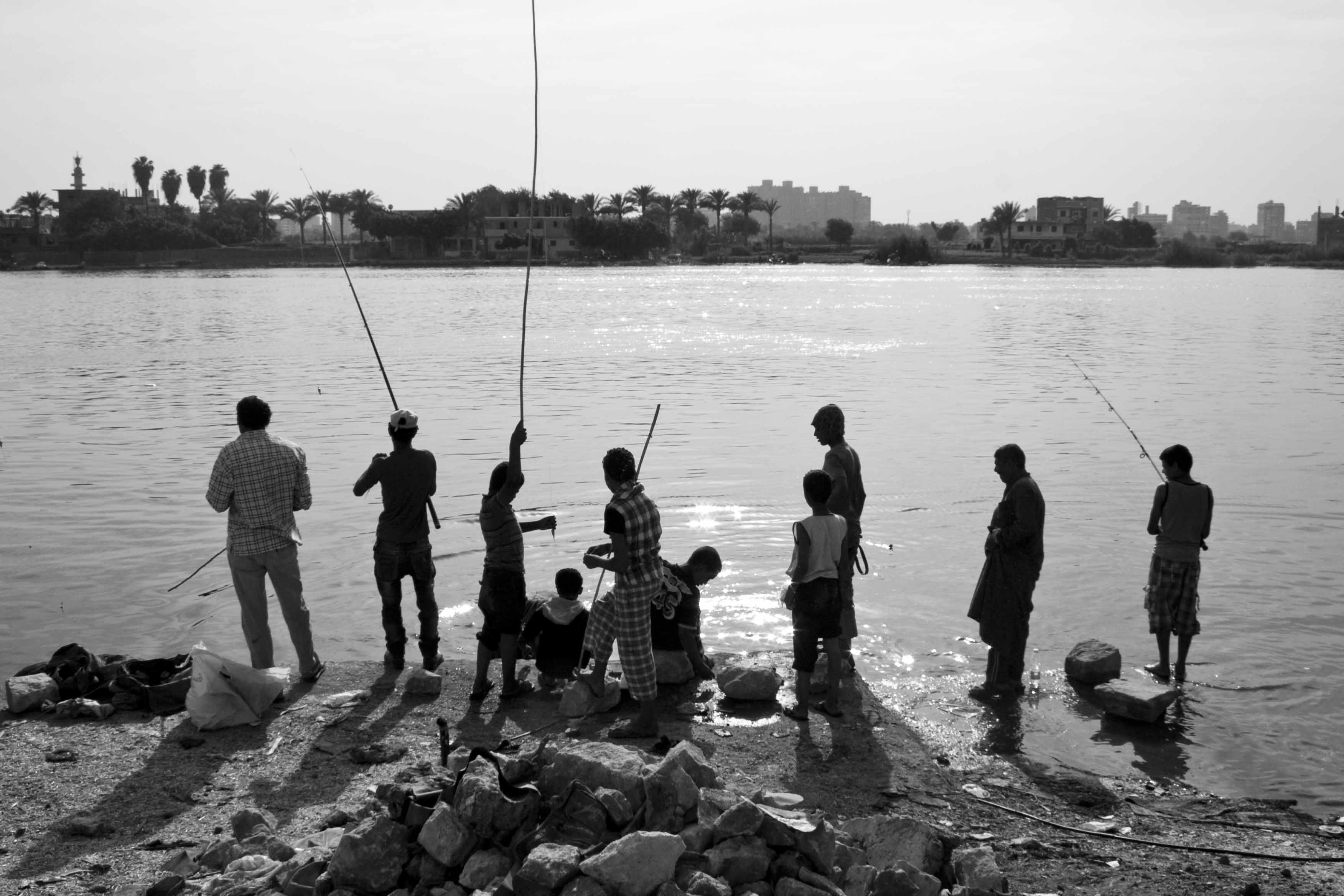
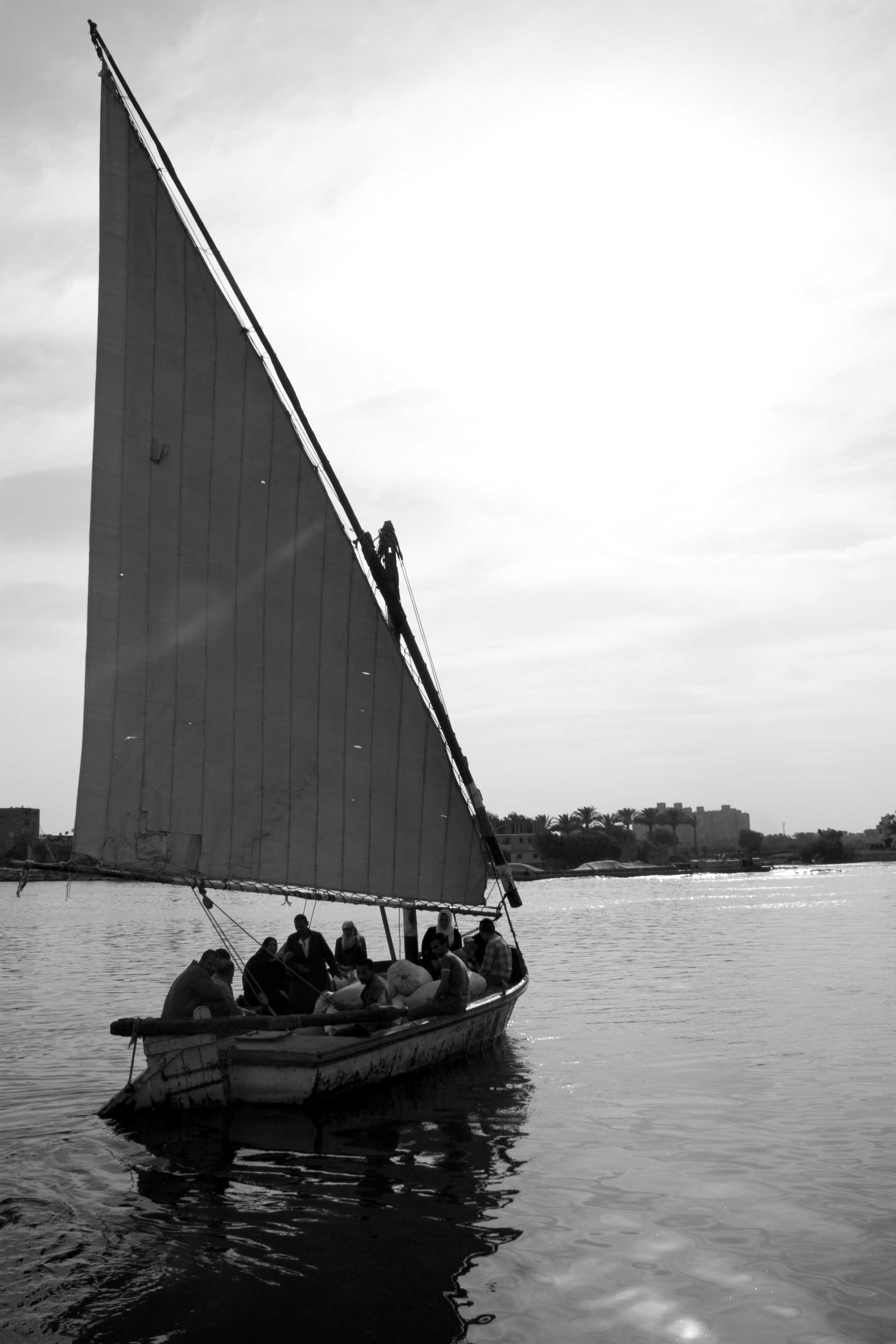
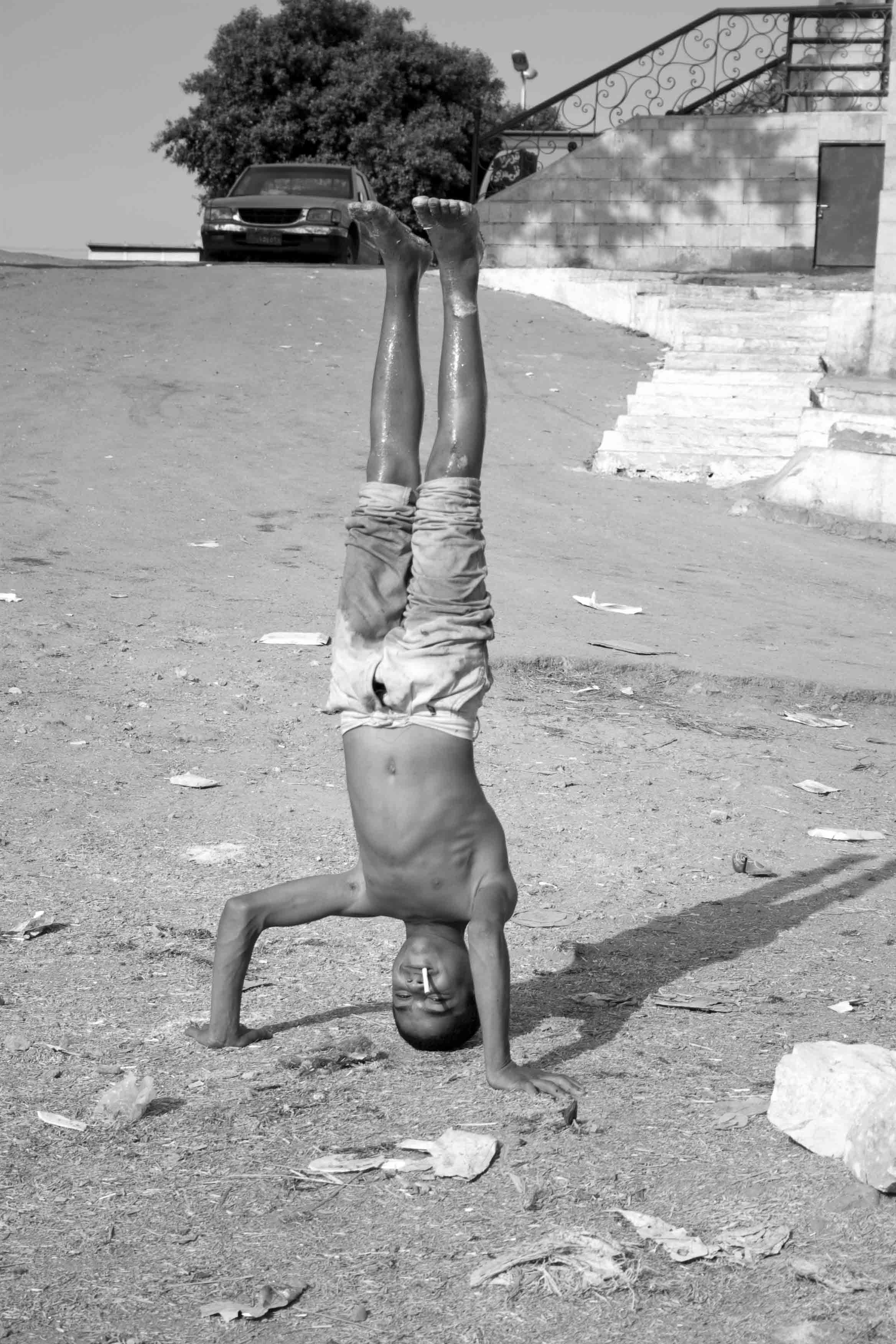
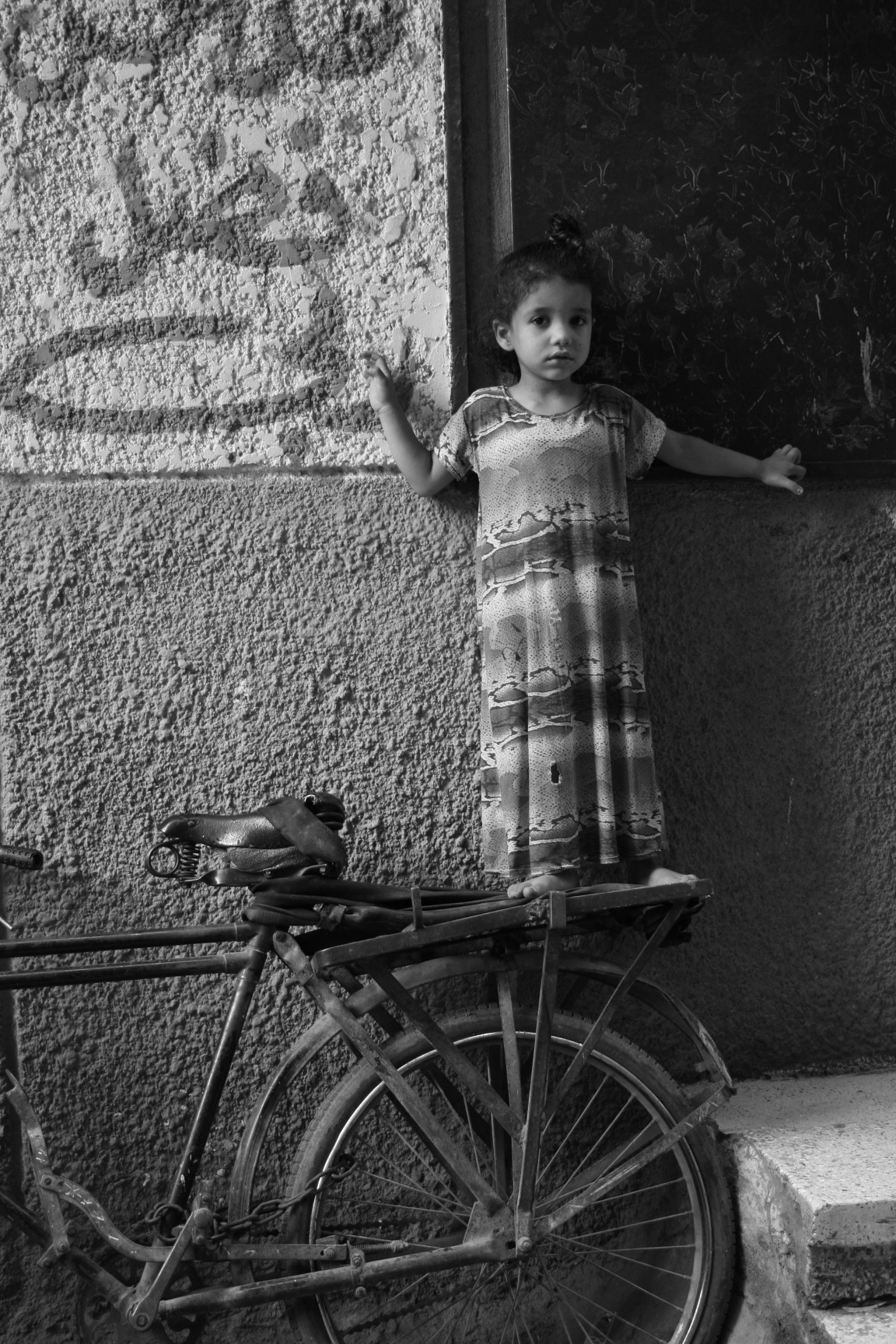
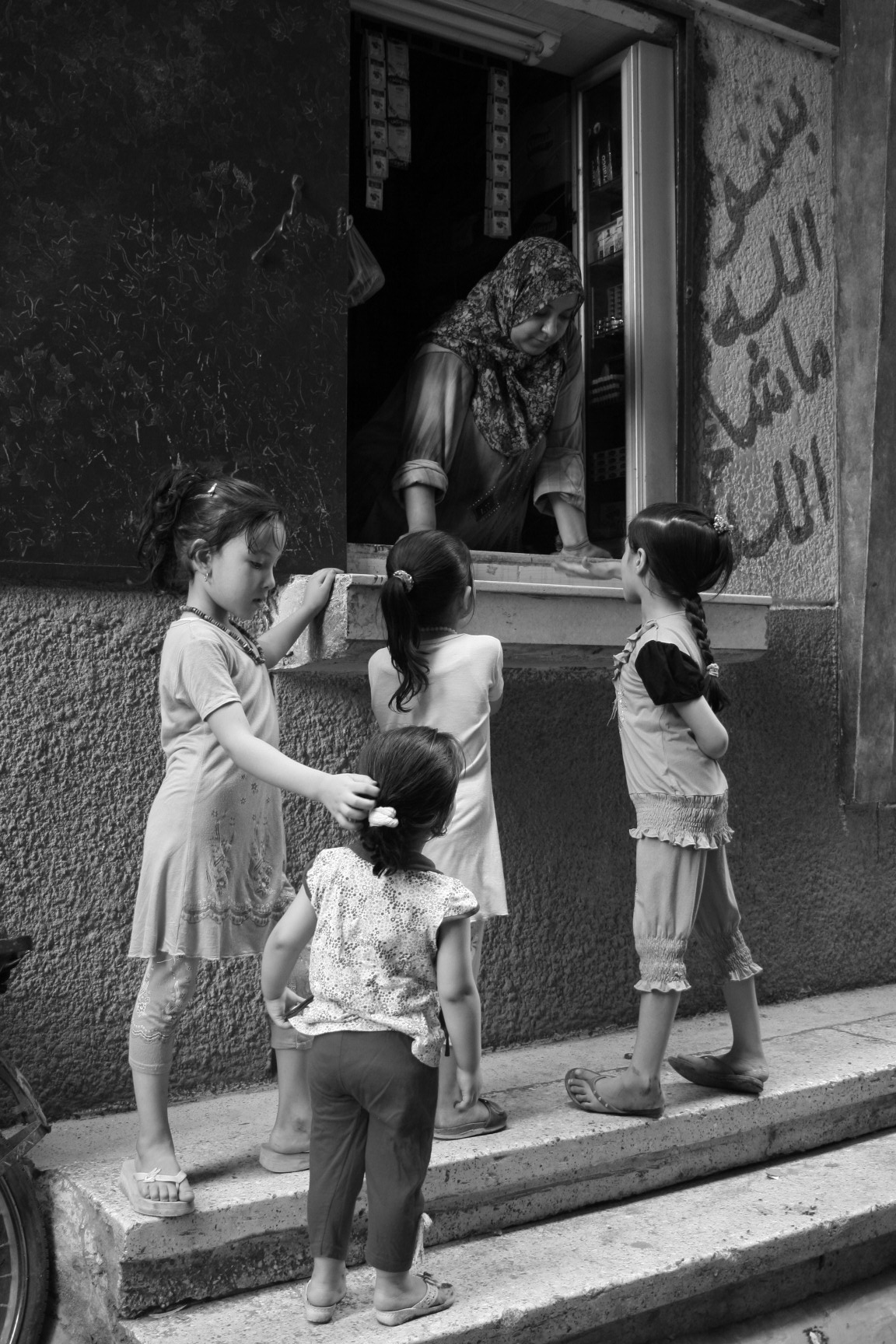
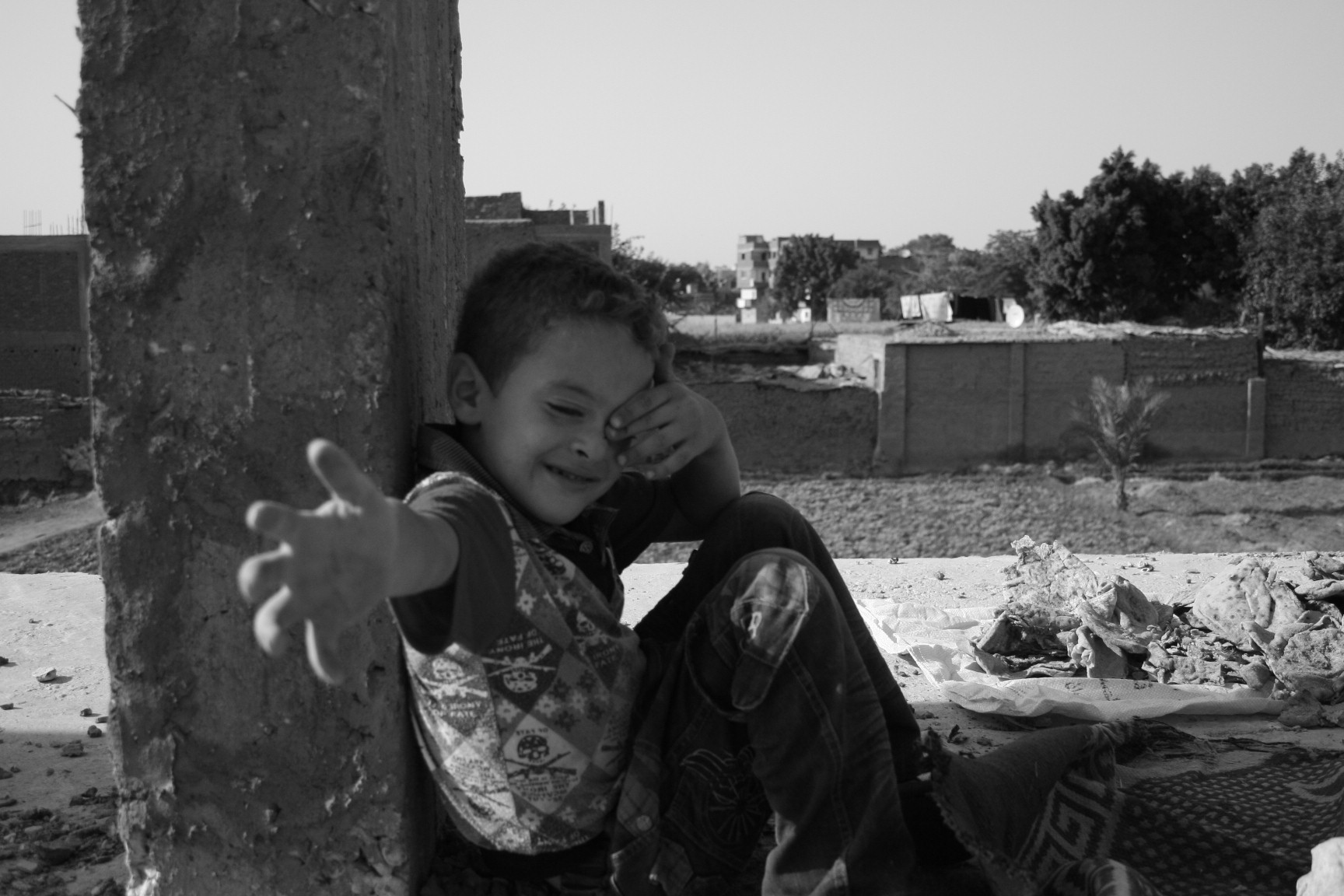
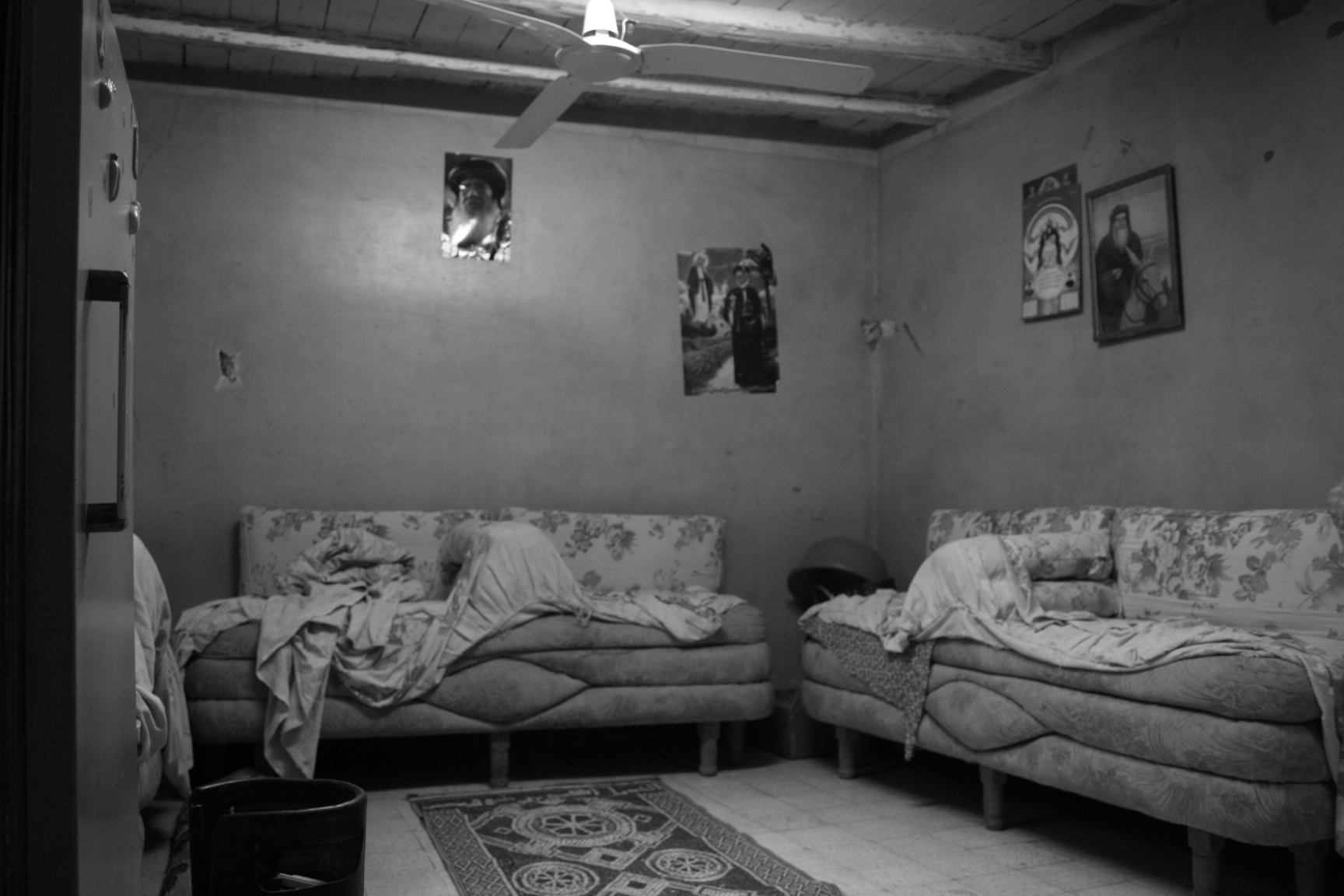
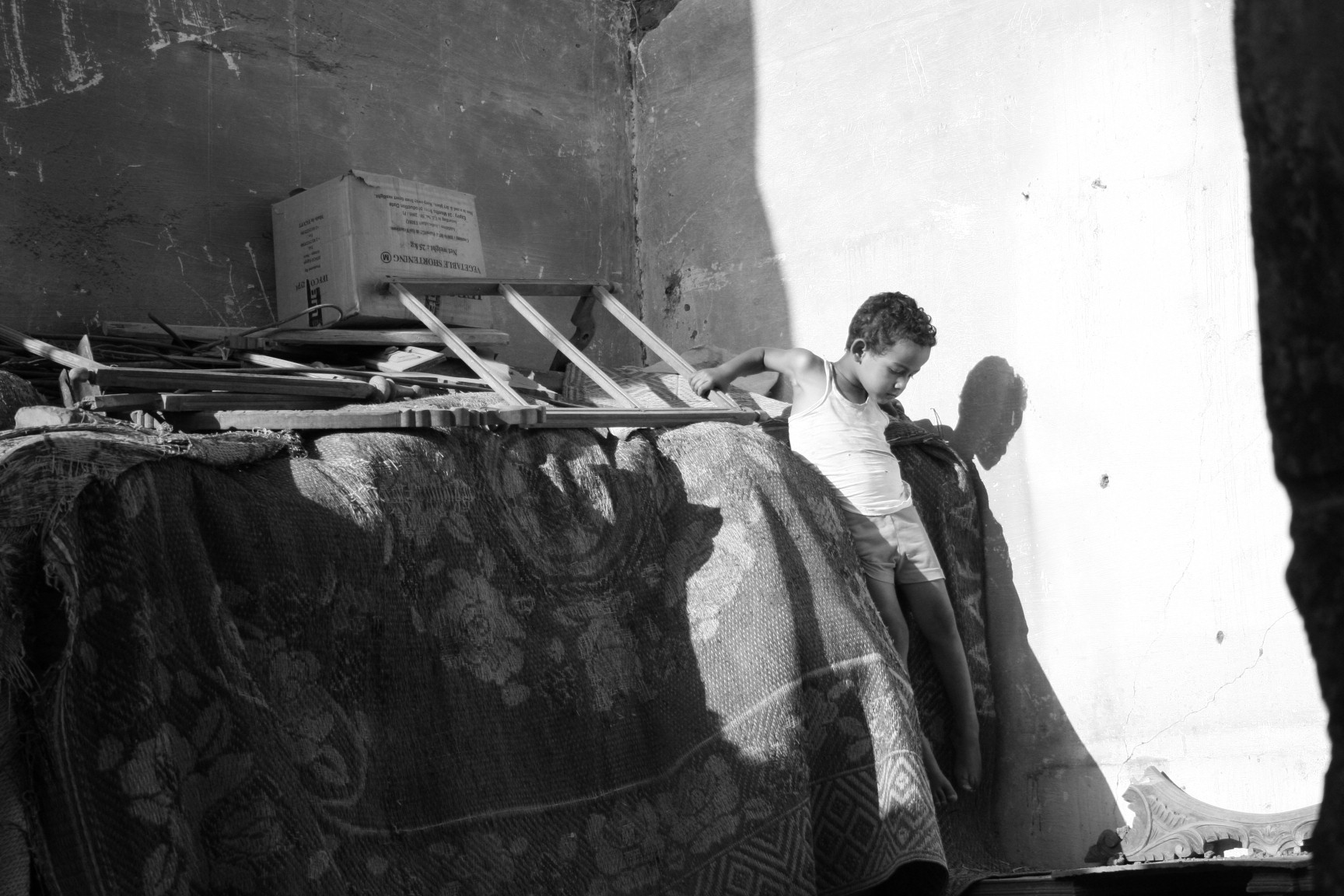
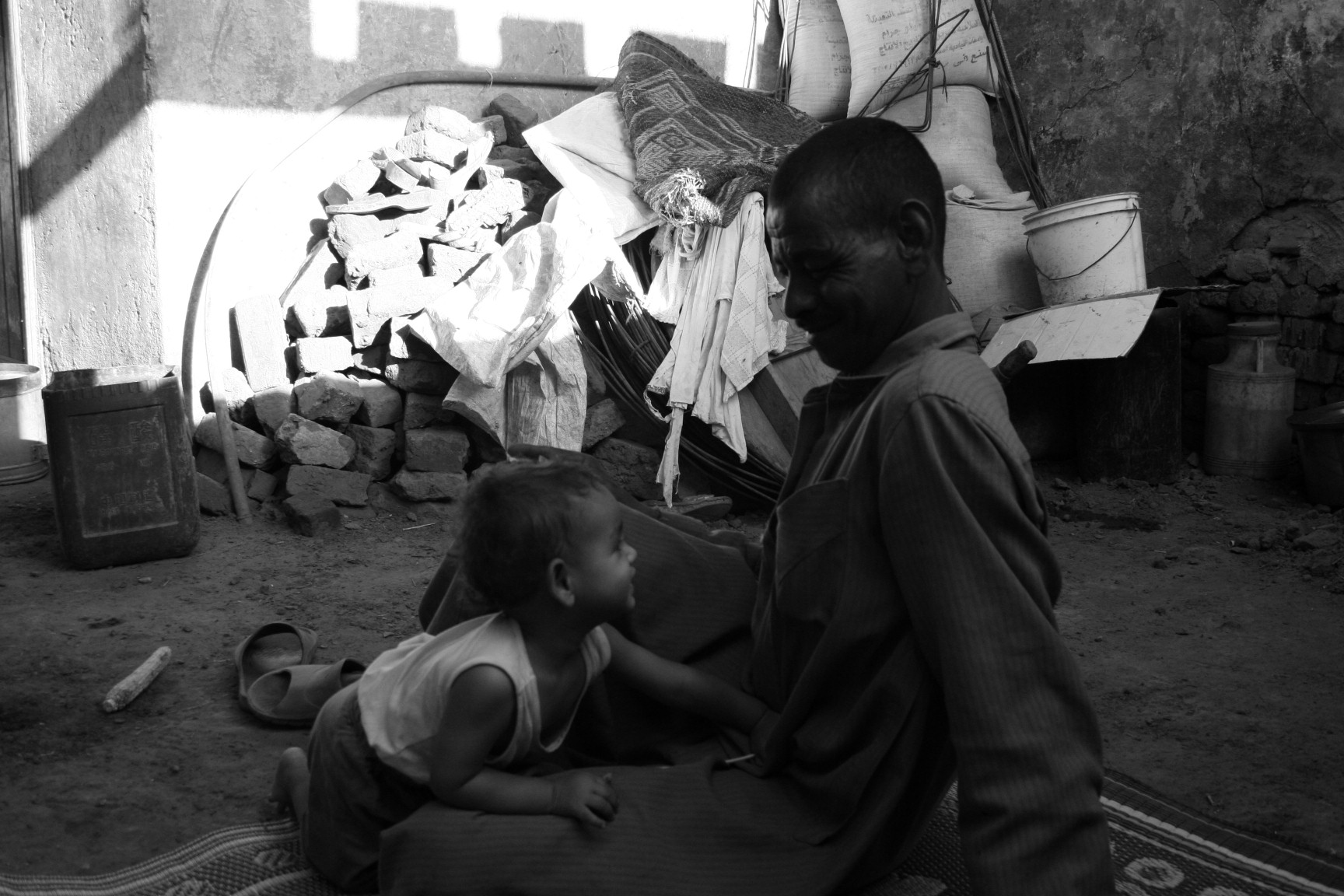
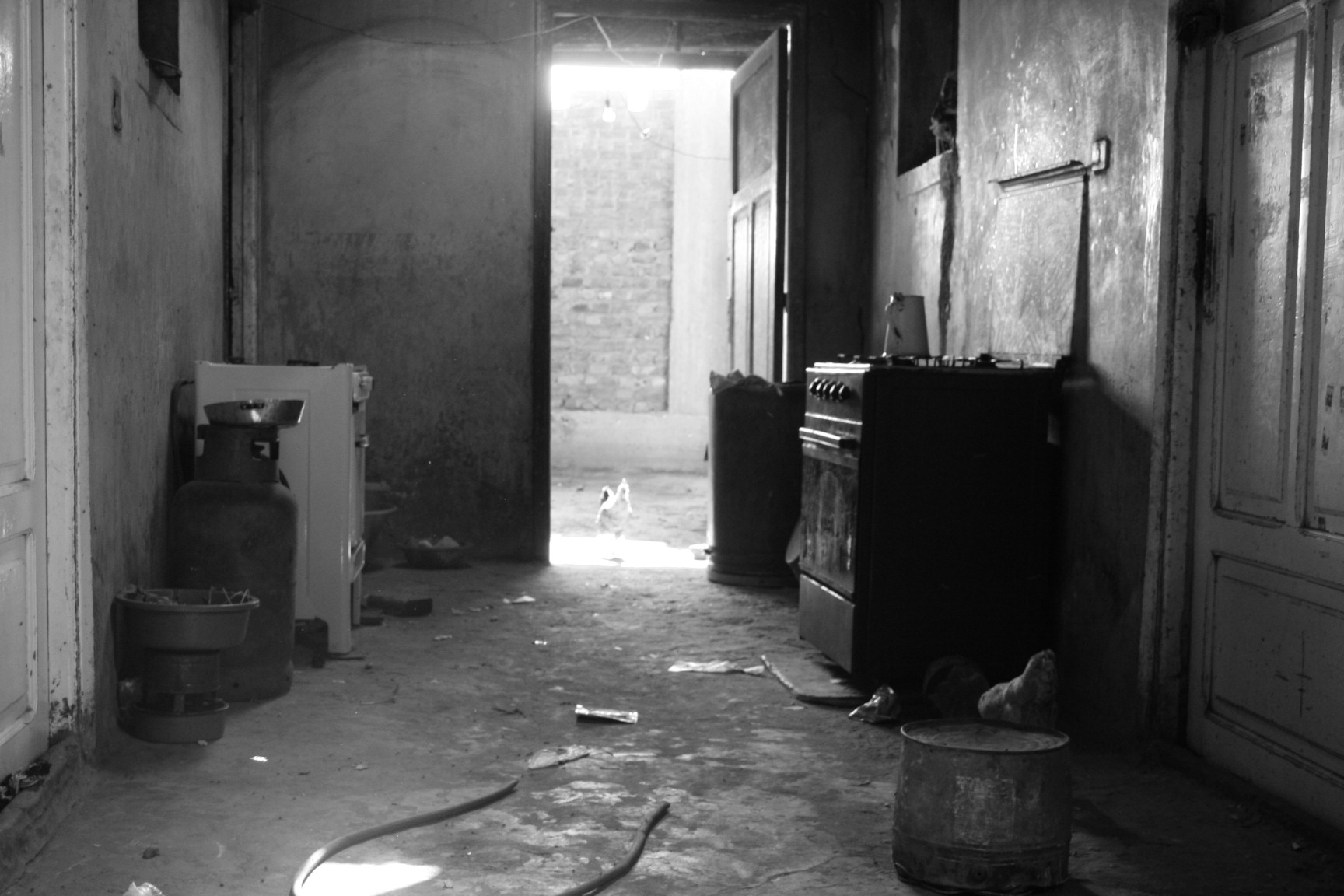
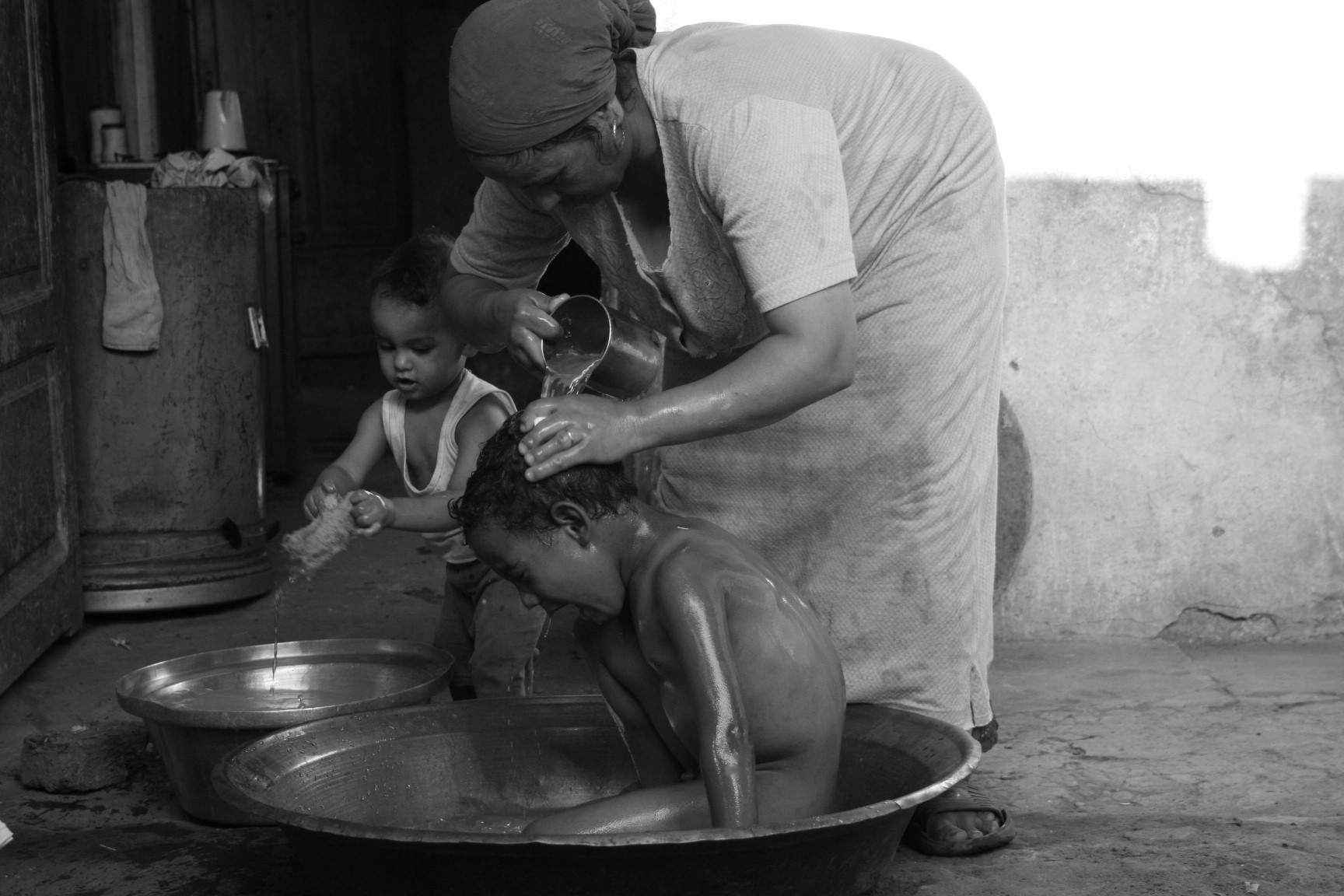
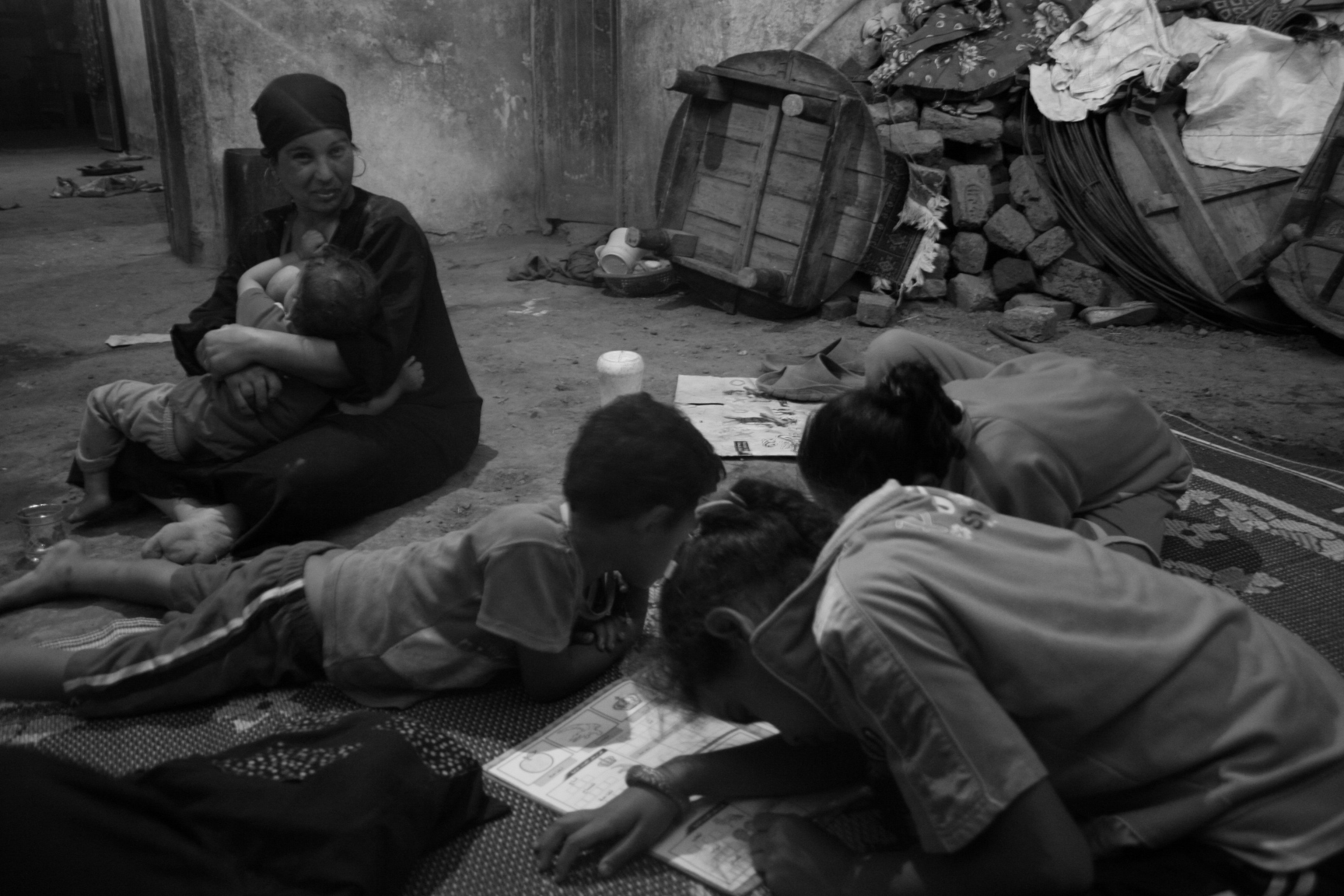
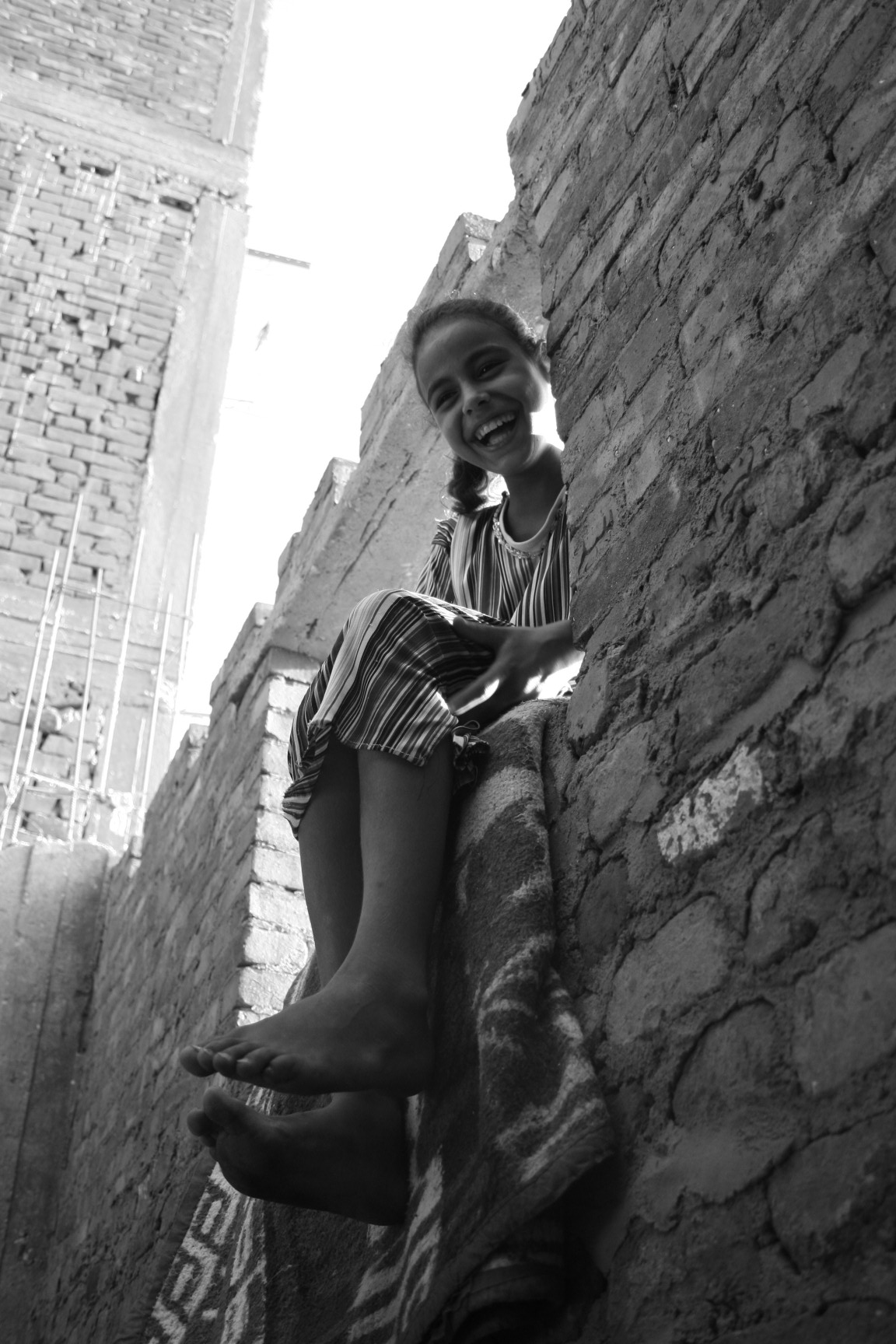
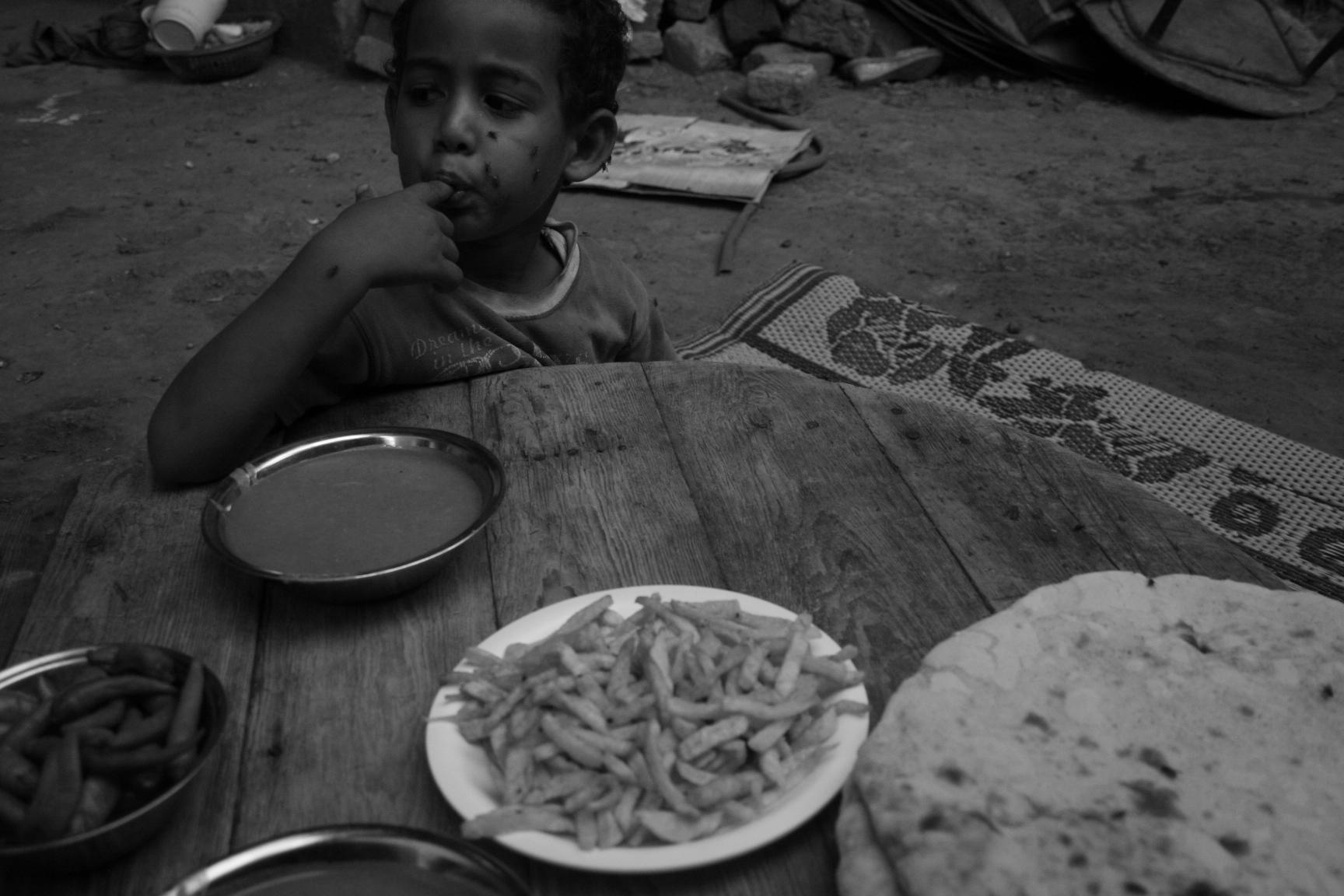
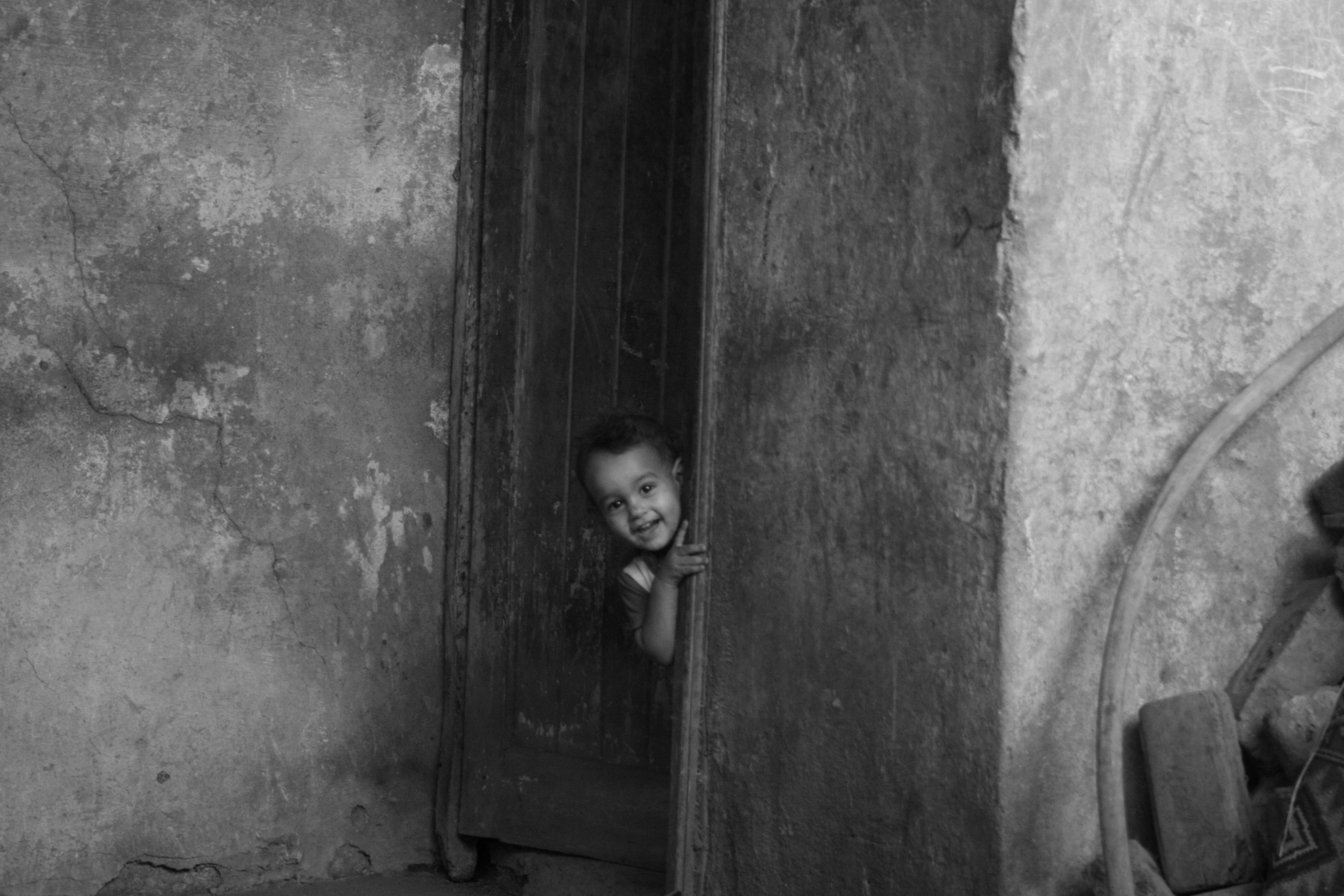



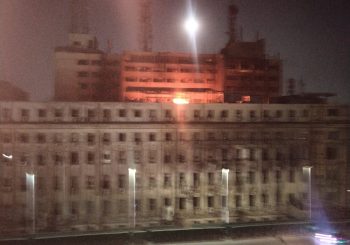
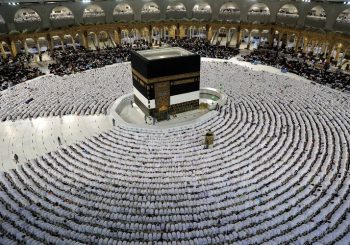
Comments (50)
beautiful. Thank you for sharing these.
A wonderful post with marvelous images